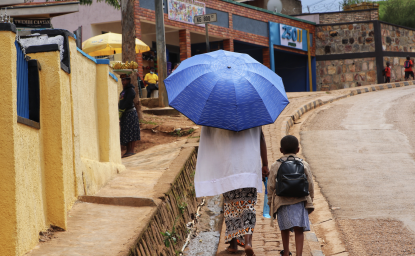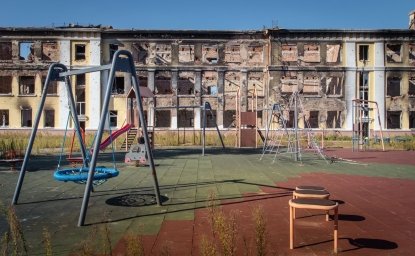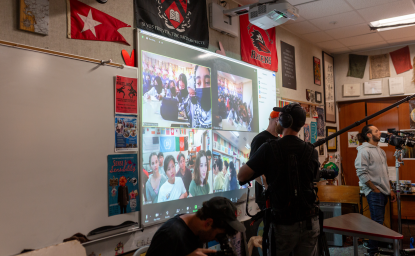After the President’s Government Report, the presentation of the economic package, and Independence Day celebrations, the second year of work for the 64th Congressional Legislature begins.
Eight cabinet secretaries, including those of Finance, Education, Energy, Public Safety and Welfare, will be cited for the glossary of the Presidential Report.
The economic package will be discussed in the appropriate committees, in order to have the Revenue Act approved by both chambers on October 31, and the Expenditure Budget approved by the Chamber of Deputies on November 15.
Additionally, deputies and senators will be able to address their legislative agendas. And here the problems begin, because the priority issues for the morenista majority are deeply troubling and even technically questionable in form. Take for example, the secondary laws on education.
This week, the Education Commission in the Chamber of Deputies approved resolutions regarding the General Laws of Education, the System for the Career of Teachers and the Continued Improvement of Education, and hours later, turned them to the plenary for discussion. There are three bills, comprising more than 500,000 pages, which the Deputies have not had an opportunity to review. At time of print, the session continues, with interruptions and a grandstand taken by disgruntled PAN Deputies.
The opposition’s argument is that, prey to the usual tactics of blockades and physical aggressions, the “educational counter-reform” is encumbering the CNTE (national teachers’ union) at the expense of national education.
With the elimination of teacher evaluations, the guarantee of automatic placements for “normalistas”, and union control of appointments and promotions, the State has once again yielded the administration of education. If we add to this the elimination of entrance and year-end exams for students, we will be assured of unfortunate results in the field.
Predictably, if passed on their terms, these laws will face potential constitutional disputes and challenges. They clearly contravene Article 3 of the Constitution by disregarding the interests of children and privileging the group: in this case, dissident union leaders. Yet again, students will be collateral victims of political confrontation.
Worse still, generations of young people will be condemned to depend on handouts and social programs, in the face of the impossibility of finding well-paid jobs. Perhaps, that’s what this is about. The majority coalition’s intent – not leaving a stone of what was done in the previous administration – is clear. But mere destruction does not guarantee the edification of something better. With the votes of MORENA, PT, and PES, the “so-called Education Reform” and the “neo-liberal paradigm” will have been buried. But, we have yet to see what there is beyond the legislative rematch.
This article was originally published in Spanish in El Heraldo de México...
The views expressed here are solely those of the author.
Author


Mexico Institute
The Mexico Institute seeks to improve understanding, communication, and cooperation between Mexico and the United States by promoting original research, encouraging public discussion, and proposing policy options for enhancing the bilateral relationship. A binational Advisory Board, chaired by Luis Téllez and Earl Anthony Wayne, oversees the work of the Mexico Institute. Read more

Explore More
Browse Insights & Analysis
The Real Reason Putin Targets Schools?

Rethinking NGO Effectiveness: Lessons from Rwanda’s Early Childhood Development Programs


